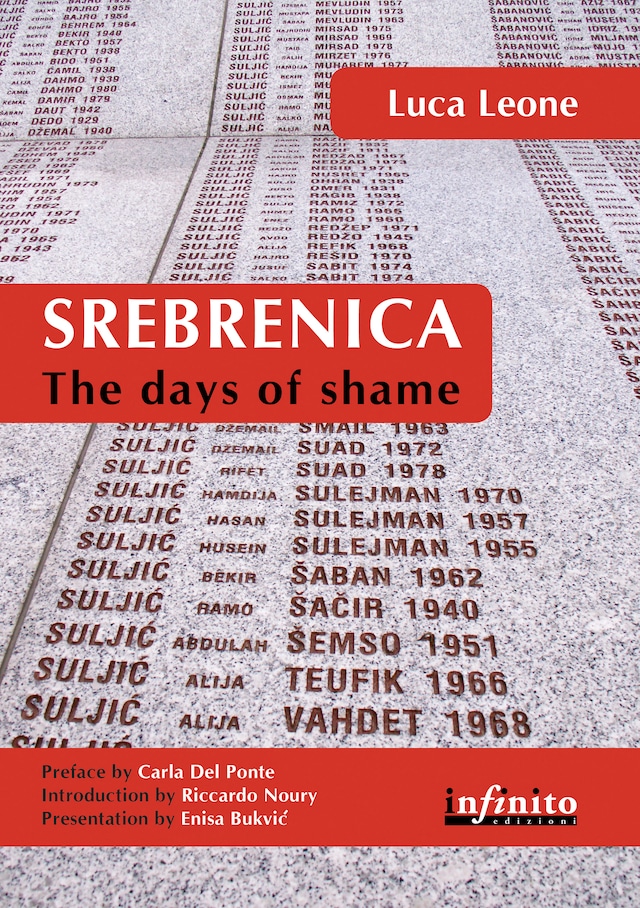
Srebrenica. The days of shame
Tietoa kirjasta
Srebrenica represents a dark and painful chapter in late twentieth-century European history. Here, a still unknown number of Bosnian Muslim citizens were tortured and killed in July 1995. About 8.500 deaths have so far been confirmed, but survivors say 10.701 people died as a result of the blind and racist violence of the Bosnian Serb army led by Ratko Mladic’ and mainly Serb paramilitary forces, as the Dutch UN Peacekeepers and, with them, the entire international community, stood by and did nothing. Srebrenica has been defined ‘genocide’ by various international rulings, the first of which was handed down in April 2004. However, today some people continue to deny what happend, even in the knowledge that they are lying. “Srebrenica. The Days of Shame” is the first book ever published in Italy about this genocide, the first in Europe since the Holocaust. This is the fourth edition of the book, updated following the capture of Mladic’ (May 2011) and his consignment to the International Criminal Tribunal for the former Yugoslavia (ICTY).
“There are no mitigating circumstances for Mladić’s full responsibility in the Srebrenica genocide, but the trial of the former general can shed light on the truth and clarify any co-responsibilities for what is and will always remain one of the most dramatic pages in the history of crime in modern and democratic Europe.About the full responsibility of Mladic’ in the genocide of Srebrenica there aren’t mitigating, but the process against the ex-general could shed light on the truth and clarify any co-responsibility in a fact that is and will always remain, one of the most dramatic pages of criminal acts in the modern and democratic Europe.” (Carla Del Ponte, ex Chief Prosecutor of the International Criminal Tribunal for the Former Yugoslavia)
“When my friend and great human rights activist Luca Leone wrote the first edition of this book commemorating the Srebrenica genocide he, I and many others hoped that the days of shame would be just that – a matter of 'days'. That truth and justice would be served quickly. From one edition to the next the 'days' have become 'years’ of shame: those up to now, to which the three years prior to 1995 should be added.” (Riccardo Noury, Spokesman for Amnesty International Italy).


